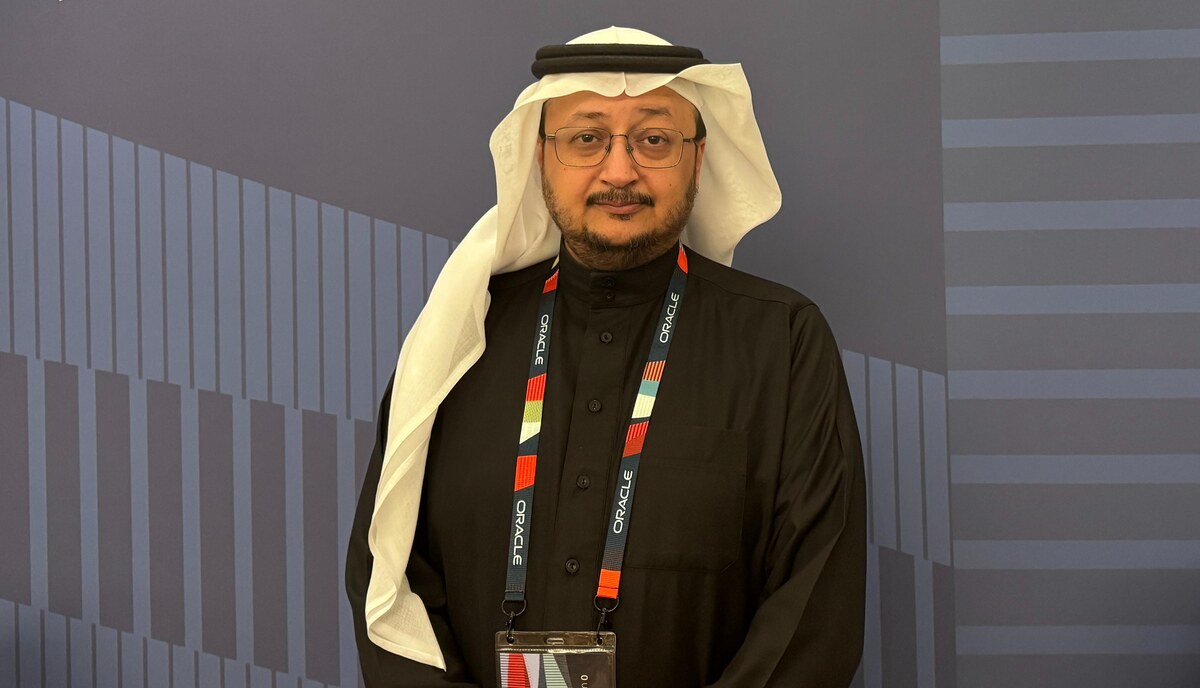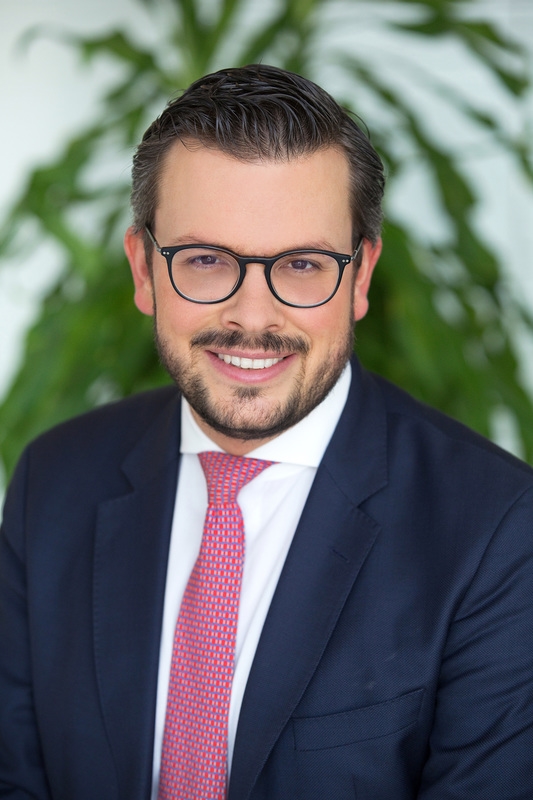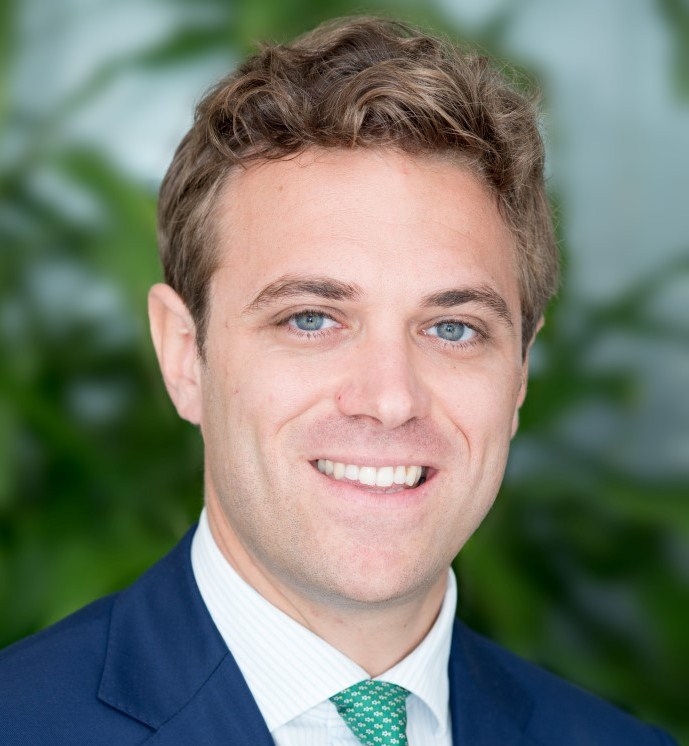RIYADH: Saudi Arabia’s mining industry is set for a major transformation, driven by the rapid adoption of advanced technologies such as cloud computing, according to a senior executive.
In an interview with Arab News on the sidelines of the Oracle CloudWorld Tour Riyadh event, Abdullah Al-Osaimi, senior vice president of procurement and business support at Ma’aden, emphasized the critical role of cloud technology in the future of mining operations.
“I think the nature of mining is one of the industries that is going to be heavily dependent on Cloud,” Al-Osaimi said.
He added: “You are exploring unknown territories that do not even have any population. It’s in the remote areas. This is where most of the minerals and discoveries we have.”

Abdullah Al-Osaimi, senior vice president of procurement and business support at Ma’aden. Supplied
Al-Osaimi highlighted the unique challenges faced by the sector, particularly in exploration activities conducted in less inhabited areas.
“If you don’t incorporate a cloud strategy, operating in such environments will be extremely difficult,” he said.
“Cloud solutions, along with mobility and edge computing, are crucial for achieving faster and more accurate exploration and production results.”
With Saudi Arabia’s Vision 2030 strongly emphasizing mining as a key economic driver, Ma’aden is aggressively adopting new technologies to support its ambitious growth plans.
“We are planning to grow tenfold by 2040. Very few companies in the world have such an aggressive growth strategy,” said Al-Osaimi.
He continued: “To achieve this, we are focusing on scalability, cost-effectiveness, and operational efficiency through advanced cloud-based solutions.”
Al-Osaimi also emphasized Saudi Arabia’s commitment to integrating advanced technologies into its development strategy, highlighting the country’s proactive approach to adopting and experimenting with innovations, even relatively new ones globally.
“We are keeping this in the heart of our strategy. We are pushing so hard in every single technology. We are even testing technologies that are very new in the world. We are bringing it here in Saudi Arabia,” Al-Osaimi said.
He continued: “One of our main objectives is to localize these technologies, not only test them but also bring them here in Saudi Arabia, so they will grow from Saudi Arabia, not just we use them and that’s it. We are bringing these technologies, we are investing in them, and we are growing them with us.”
Al-Osaimi pointed out that cloud technology offers mining companies the flexibility to analyze vast amounts of exploration data in real time, reducing the traditional timeline of discovering and processing mineral resources.
“In the mining sector, it usually takes around 15 years to go from exploration to full production. Our goal is to reduce that to at least half by adopting new technologies,” he said.
Al-Osaimi added: “AI is one of the key technologies we are adopting. It is not just a buzzword; it is an essential tool that helps us enhance productivity and accuracy.”
He further explained that technology adoption in mining is not just about implementing systems but also about ensuring data quality and developing the right skillsets among employees.
Talking to Arab News, the managing director and country leader for Oracle Saudi Arabia, Reham Al-Musa, underlined the company’s commitment to the Kingdom’s digital economy, stating: “Our CEO Safra Catz announced an investment of $1.5 billion to expand cloud capacity in Saudi Arabia during her visit two years ago.”

Reham Al-Musa, managing director and country leader for Oracle Saudi Arabia. Supplied
Al-Musa continued: “Oracle was the first cloud provider to open a data center in the Kingdom in 2021, starting in Jeddah, followed by a second region in NEOM and a third in Riyadh, which went live a few months ago.”
She also underlined that Saudi Arabia aims to become a hub for artificial intelligence, and Oracle is supporting this goal by providing technology that integrates generative AI and other capabilities.
“Cloud is the future, and it will come like for everyone. However, there is a regulated industry that they cannot go to the public cloud,” Al-Musa said.
She continued: “We have the capability to build the sovereign cloud, and this is what we did and announced with stc, stc alloy, so this is providing an extra layer of security to give the privilege for the regulated industry to utilize the benefit of the cloud and the latest technology on the cloud.”
In April 2024, Oracle and Saudi Telecom Co. launched sovereign cloud services in the Kingdom, using Oracle Alloy to help accelerate Saudi Arabia’s digital transformation with over 100 Oracle Cloud Infrastructure services for public sector and enterprise customers.
During the event, Oracle celebrated 30 years of supporting the nation’s digital transformation.
For the first time, the annual CloudWorld Tour, typically held in Las Vegas, is being hosted in Riyadh.
“Bringing the CloudWorld Tour to Riyadh for the first time in our 30th year in the Kingdom underscores our commitment to empowering Saudi organizations with cutting-edge cloud and AI technologies,” Al-Musa said during the opening remarks.
The event highlights how Oracle will help customers maximize the benefits of its cloud solutions, and the new data centers the company has opened in Saudi Arabia.
Oracle also announced that the Al-Madinah Development Authority achieved a significant milestone by implementing the Oracle Fusion cloud applications suite.






















